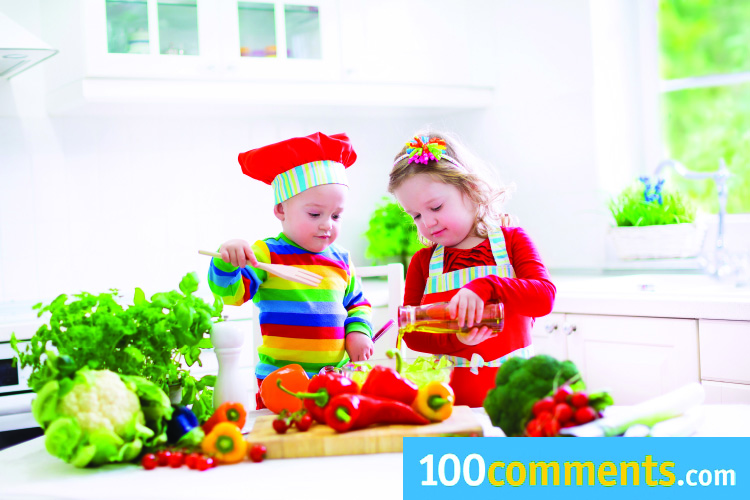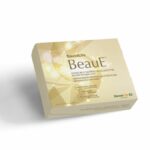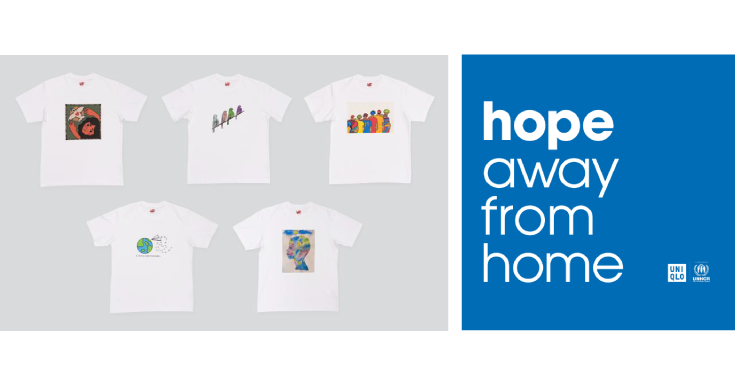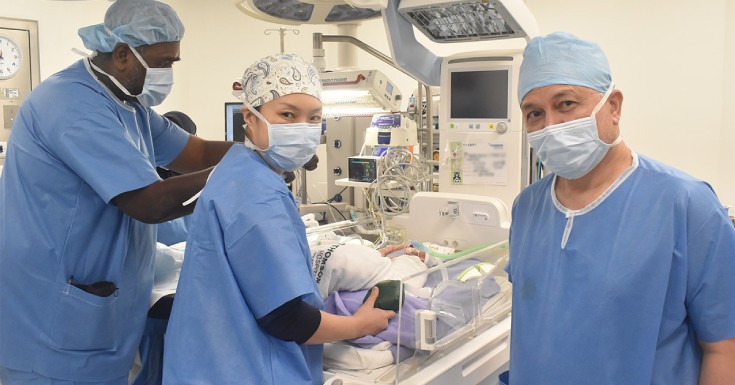Veganism and a Growing Child
Many people are looking into healthier ways of living these days and just as many also desire to live a life which excludes, all forms of exploitation of, and cruelty to, animals – be it for food, clothing or any other purpose.
The latter is known as veganism and as it becomes less and less rare among us today, questions inevitably arise on whether the drastic restrictions associated with a vegan diet is suitable for young children growing up in a vegan family. Read on…
Table of Contents
The main concerns
There are concerns on the apparent lack of nutrients in a vegan diet which may affect a child’s growth and development. For instance, vegan food can be lacking in vitamin D, calcium, iron and possibly vitamin B12, which are typically derived from the intake of milk and meat.
A vegan diet also isn’t very energy-dense: one would have to eat a lot of it to get enough energy. Toddlers typically don’t eat a lot, so getting enough calories into them can be difficult. Some dieticians recommend adding some good vegetable oil to their food.
Another downside of a vegan diet is the lack of protein. A child who is fed with meat and fish would easily get all the right amino acids compared to a child who is getting protein from pulses. The problem here is that one type of bean might not provide every amino acid, so there has to be a good balance of pulses in a kid’s diet. In short, a child who only eats chicken will get all the amino acids – but a child who only eats one type of bean won’t.
Like any other alternative diet practiced in the world, information and knowledge are the keys. Parents raising their offspring on a vegan diet have to be adequately informed on their child’s nutritional needs and how they will be met, because, when a vegan diet starts to go wrong, or when one starts to lax, the child will be the one who pays.
The first symptom is usually that the child fails to thrive or grow properly. It’s the shortage of calories and protein that kicks in first. Rickets might follow, (caused by deficiencies in vitamin D and calcium). Such are the severities of deficiencies in major nutrients in a child’s diet.
However, here’s the kicker: While we may have mentioned all of the above as the possible downsides of children on a vegan diet, the fact is, countless children all over the world today, who are all on ‘normal’ diets, suffer the above outcomes too, and then some! The availability of fast foods, modern day food-preparation methods and the over-use of poor quality or overly processed ingredients all add up to bring about dire consequences to children’s health and well-being.
Fact!
Vegan families are more likely to cook at home, and are likely to be very knowledgeable about nutrition because they have to make a lot of effort to follow the diet through. Most of them follow a whole food diet, and avoid trans-fats and too much salt. It actually makes it much easier for vegans and their children to meet the requirements of the food pyramid than for other people.
Vegan nutrition for babies and children
Healthy infants can thrive on well-planned vegan diets. While breast milk is the best food for infants, if you cannot breastfeed your baby, use properly formulated commercial soya infant formula. Infant formulas are fortified with vitamin D3. They are safe alternatives to breast milk.
Note: The vitamin D3 is from lanolin though, a derivative from sheep.
- Green vegetables – Other than being an excellent source of iron, they’re also rich in calcium and antioxidants. Not many young children take to them easily at first, so vegan parents may have to resort to blending them into pasta sauces or adding them to juices with sweeter vegetables such as carrots. Yummy!
- Calcium-fortified tofu, which just happens to be rich in protein, can be made into a mash or be served as finger food.
- Low salt yeast extract is a good source of B vitamins for older children – Think Vegemite and the likes!
- Use more soya bean oil or rapeseed (canola) oil for they are known to encourage the production of fatty acids that are important for the development of the brain and vision. You can also add a little of these healthy vegetable oils to cooked grains to increase their calorie content, and improve palatability.
- Spread breads with avocado, or seed/nut butters to increase calories.
- Mashed pulses such as lentils, mung beans and chick peas provide energy and protein. Make sure they’re well-cooked though. Strain them through a sieve to get rid of the skins, so that young tummies can digest them and get the best of all the nutrition they have to offer.
- Using black molasses for flavoring is known to boost iron and calcium intakes.
Calcium needs of toddlers
We need calcium as one of the nutrients for healthy bones. Vegan toddlers can thrive on calcium-fortified plant milks, breakfast cereals and some tofu to meet their calcium needs.
Non-dairy milk e.g. soya milk are popular vegan choices for they are fortified with calcium, vitamin D2 and vitamin B12.
So… thinking of raising a vegan kid? Consult with a registered dietician if you have any doubts about your decisions. He or she can help point you the right direction, nutrition-wise!





















Leave a comment